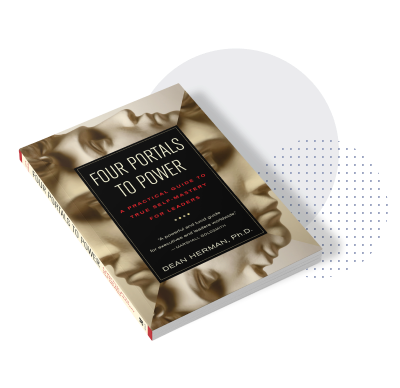Articles
Your Comfortable Ignorance Is Debilitating You
December 3, 2014 (Number 61) I once observed a highly polished executive who seemed, in the moment, to have murderous impulses. As his mildly passive-aggressive peer opposed him, I had a strong visceral sense that he was about to leap out of his chair and strangle this man across from him.I later asked the executive if he were perhaps a bit annoyed with his colleague. When he agreed, I further asked, "To the extent that you even felt like jumping out of your chair and strangling him?"
His eyes opened wide. "How did you know that?," he demanded. "That's exactly what I was feeling!"
"It was kind of hard to miss," I replied.
Perhaps this example from my book is a little extreme. But might you benefit if you, too, could accurately read people's intentions when speaking with them — especially when those intentions are directed towards you? Do you see how you could use that information to modify your approach and more likely get the response you need?
If this intrigues you, consider these tips:
- We human beings are wired to correctly infer people's intentions and the emotions that drive them. Specialized cells in our brains recently discovered by neuroscientists, called mirror neurons, generate a visceral sense within us of the feelings and motivations of the person we are observing. You need only tune in to this information, and to your own bodily sensations that transmit it. Many senior leaders are already familiar with this capacity and call it "gut instinct."
- In developing this ability, it's also essential that you track the accuracy of these "intuitions" so that you start using them rather than happily — but dangerously — ignoring them. Most likely, you'll be more on-target than you anticipated — and that accuracy will improve with practice. But you may also find that your judgments are frequently colored by certain of your personality elements, for example, a tendency towards irrational mistrust. In time, you'll learn to filter out these distorting factors.
Dean Herman, Ph.D.


